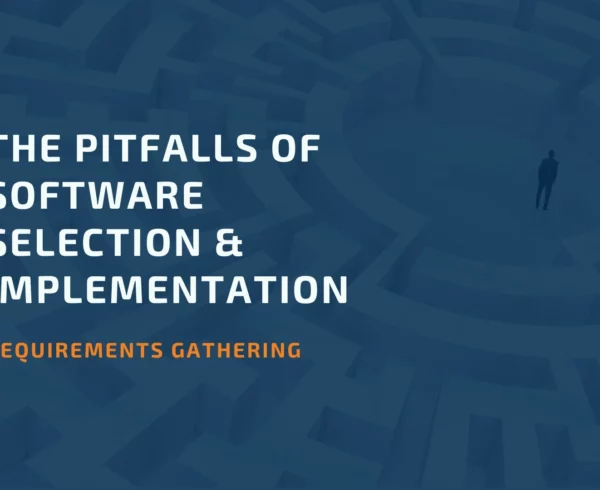Implementing a new ERP system can be one of the most significant investments of time, money, and resources a business will make. It is interesting to note that 50% of ERP implementations are known to fail the first time around. Unfortunately, a failed implementation can potentially hurt the profitability of a business due to wasted software fees and consulting hours.
So, the stakes are high, and a company’s implementation approach must support its existing IT setup. Selecting the correct ERP implementation methodology will reduce implementation errors significantly, avoid unrealistic expectations, and ensure that you stay within budget.
Read on to help you decide what implementation approach works best for your business.
There are two main approaches that you can use to implement an ERP system: big bang or phased implementation. They each have their intrinsic advantages and disadvantages. Therefore, you need a thorough understanding of both to select the one that best caters to your existing IT setup and resource availability.

The Big Bang ERP Implementation
Just as the name implies, the big bang is a strategy that implements all ERP modules and enterprise functionality in a single instance as a significant event. In the “big bang” method, everyone in your company will start using the system (go live) on the same day. In short, you’re taking all of the modules live at once. So, this method means turning one system off and another on, moving everyone in your company to the new application simultaneously, without phasing out the old one.
PROS
- Implementation pain points and challenges are more pronounced post-go-live
- Implementation time could be shorter
- A single version of the truth system is in use company-wide
- Cost can be much lower than a more extended drawn-out implementation
- All training is completed for users before the initial rollout
- The new ERP system go-live happens on a planned date
CONS
- You can overlook important details in a rush to change
- Employees have to learn the new system for the designated implementation date
- Fall-back to the legacy system may be more complicated than initially perceived
- A failure in one area of the system could affect others
- Pronounced dip in performance after the implementation

The Phased ERP Implementation
An alternative to the big bang is a “Phased ERP Implementation” that rolls your software out sequentially, gradually introducing the new system piece by piece. First, during this type of implementation, which is slow, only certain areas of the organization are moved to the new system. Then, once issues in these areas are resolved and working well, the other departments are transferred onto the new application.
The phased-rollout strategy encompasses implementing the ERP system in small increments over phases and a more extended term. As a result, users move onto the new systems in planned steps. It also allows the project teams to take their time planning, business process mapping, customizing, and testing the system while keeping up with their daily job responsibilities.
PROS
- It is easier to adjust to the new system
- You can fix more minor problems as you go
- It’s less risky
- There is more comprehensive incremental testing
- There is more time to train
CONS
- Takes longer to convert fully, and there is a higher implementation cost
- It often requires an additional interface
- There is a delay in ROI
- It may interfere with compliance
- Interim integrations may be needed to bring in important information.

Summary
When formulating an ERP implementation strategy, you may need to consider other factors relevant to your business that influence your decision. Every organization is different, so it is not correct to say that one option is more suitable than another. The final decision comes down to time frame, budget, resources, and the acceptable level of risk.
But no matter which methodology you choose, make sure that you carefully plan every step of your transition with your ERP consultant and allocate sufficient time for staff training. After all, there are too many stories of failed ERP implementation projects for no other reason than inadequate training and executive planning.
Our ERP consultants at The BHC Group can help you determine an implementation approach that aligns with your digital strategy.
Contact us for a free consultation. Call (778) 822-6505 to make an appointment.





